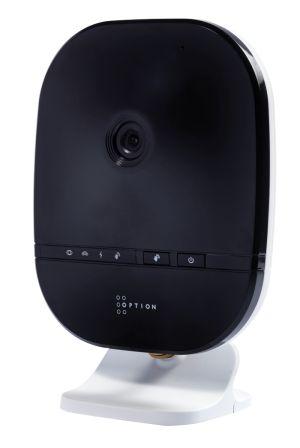The GSMA wasn’t on hand to talk to me yesterday about the EC roaming announcement. Probably too busy sticking pins in dolls of Neelie Kroes.
But they did provide this written statement:, which is essentially a holding “wait and see” type of thing, although it is clearly unhappy at the proposed retail price caps on mobile data.
Still, as the GSMA is the voice of the mobile operators at large, and since roaming legislation is threatening a key profit stream for operators, we should give it some air time.
GSMA statement:
Now that we have the European Commission’s final proposals we look forward to examining them and to engaging with all stakeholders on this issue over the coming months. We share the Commission’s belief that competition, not price caps, must be the right long term solution.
The proposed structural measures will need assessing in detail. Implementing solutions based on them would need to be efficient in terms of costs; limited to the roaming market, proportionate in terms of impact; and easy to use for customers. It would be counter-productive to combine stringent price caps with structural measures to foster competition in this market.
We are disappointed that the Commission is considering the retail data roaming market as a candidate for price cap regulation, in addition to proposing structural measures. If any price caps are introduced, they should be set at true “safeguard” levels to avoid dampening innovation and competition in the market.
As we highlighted recently through the publication of our Data Roaming Basket Price Index, there are more and more innovative and competitive offers providing value for money mobile broadband connectivity for roamers in the EU. The retail data roaming market is growing quickly and prices are falling fast. We are convinced that competition can flourish in this market – if all regulators are prepared to favour it.
The mobile industry will continue to invest and innovate to help deliver the EU’s Digital Agenda. Supportive EU policies and regulations can enable this. It is vital that we find the right balance to ensure the necessary investments in future networks that will be needed to cater for the explosion of mobile data traffic.
And while we’re on written statements, we had this note from Ovum’s PR company, attributed to Ovum lead analyst Matthew Howett. Howett would agree that price caps can be inefficient, but he thinks a more structural attempt “has the potential” to work. Anyway, as I’m in copy and paste mode here, you might as well read the whole comment for yourself.
Matthew Howett
The current regulation has been a success story for voice, but not so for data. Since 2007 the average cost of making a call has fallen by almost 75% which is very unlikely to have happened in the absence of regulatory intervention. Prices for data have not fallen by as much as the European Commission hoped and is why they are now extending the regulation to include a retail price cap for data.
Price caps are generally an ineffective means to regulate. Evidence so far suggests that operators have gravitated towards the price caps but not offered prices below these. With this in mind the EC is calling the retail price cap on data ‘a safety net’ and is hopeful that a structural solution will address the issue.
A more structural remedy has the potential to work, but must be easy to understand and cheap to implement. What’s on the table attempts to structurally deal with the underlying problem – a lack of competition. We are currently reliant on how well our home network operator has negotiated with partners in the countries we visit. Splitting out this component from our tariffs allows the emergence of new and innovative players who are likely to compete on price.
We are unlikely to see similar strict regulatory intervention elsewhere in the world because it requires a legal basis such as the EU. Instead, we are much more likely to see bilateral agreements reached between countries with a commonality. Already examples are appearing in Asia e.g. between Australia and New Zealand.
The approval required from Council and Parliament is very likely. The cost of using your phone abroad is very close to the key decision makers and is politically an attractive initiative to get behind. We are unlikely to see any barriers to its progress through the legislative process. Operators have tried to legally challenge the current regulation and failed. It’s not clear whether they will try again, but given the competitive potential of the new structural solution are more likely to focus their efforts on attracting new customers who roam.



